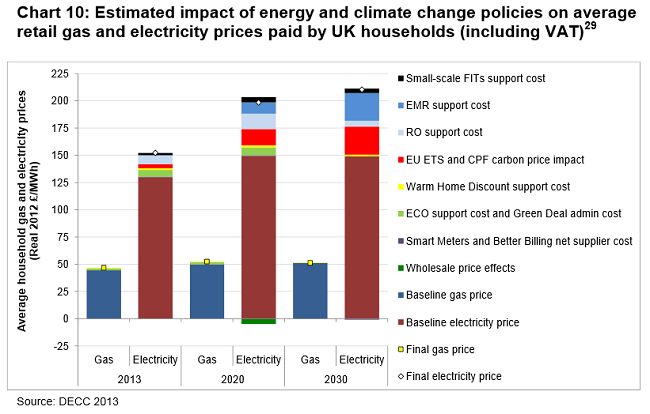For example, a budget would actually provide you with comprehensible statements of anticipated revenues and spending for all the big ticket items:
I work in Ottawa and I try to stay on top of things, but this was news to me. In fact, I didn’t even notice it until four days after Finance Minister Jim Flaherty released his — er — plan on March 21. Of course, there was much chortling in the press gallery at the government’s insistence on calling its annual account of revenues and expenses something besides a budget. But the significance of the thing took a while to sink in. Flaherty and his boss, Stephen Harper, do not call their big annual document a “budget” anymore because it is no longer a budget.
A budget, as anyone who has tried to run a household knows, is the moment when you stop telling yourself soothing tales and inject a note of reality into your life. On page 64 of the 1997 budget, for instance, the government of the day gave us an “outlook for program spending” with multi-year projections for spending levels in defence, Aboriginal programs, “business subsidies” and so on. It was that straightforward.
Harper’s Economic Action Plans, by contrast, are carnivals of fantasy. EAP13 — we will use the government-approved hashtag, which I assume is pronounced to sound like a shriek of terror — is 200 pages longer than Budget 1997 but finds no room for a one-page program-spending outlook, nor indeed for a program-spending outlook of any length. Like the best funhouses, this one depends on its volume for much of its amusement value. The decision to merge CIDA into the Foreign Affairs Department is announced on the 31st page of a chapter on “supporting families and communities,” and I can only assume it is there as a reward for perseverance. The morning after Flaherty’s speech, a diplomat asked me how it is possible for a G7 country to release a budget that does not at any point say how much the government will spend on defence next year. I gave the fellow a long answer. I should have said his premise was wrong, because — stop me if you’ve heard this — it’s not a budget.




